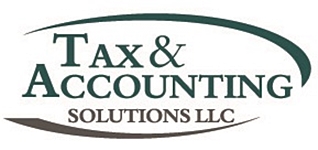Independent Contractors vs. Employees During Tax Season
 It’s vital for all employers to properly distinguish between what constitutes an employee and an independent contractor in order to ensure that everyone receives the proper tax treatment.
It’s vital for all employers to properly distinguish between what constitutes an employee and an independent contractor in order to ensure that everyone receives the proper tax treatment.
Independent contractors are generally defined as those who are in an independent trade, business or profession in which they offer services to the general public. These individuals have control over the work they do and how it will be done. The business owner has the right to control or direct only the result of the work. On the other hand, an employee is generally defined as an individual who performs services for you. As the employer, you can control what will be done and how it will be done.
Generally, employers must withhold income taxes, withhold, match and pay Social Security and Medicare taxes, and pay unemployment tax on wages paid to employees. Business owners do not generally have to withhold or pay any taxes on payments made to independent contractors.
Form W-9, Request for Taxpayer Identification Number and Certification, and Form 1099-MISC, Miscellaneous Income, are necessary components of working with an independent contractor. Once you’ve determined that an individual you are paying is an independent contractor, you’ll need to have him or her complete a Form W-9. Be sure to keep the independent contractor’s W-9 in your files for four years or longer, in case any questions arise from the worker or the IRS. Form 1099-MISC is most commonly used by employers to report payments made in the course of a trade or business to others for services. If you paid someone who is not your employee $600 or more for services provided during the year, a Form 1099-MISC needs to be completed and provided to the independent contractor by January 31 of the year following payment.
If you have questions relating to independent contractors, please call our office to schedule an appointment.

